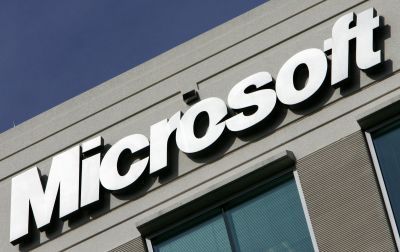Hackers expose slew of Hotmail acount passwords

Your support helps us to tell the story
From reproductive rights to climate change to Big Tech, The Independent is on the ground when the story is developing. Whether it's investigating the financials of Elon Musk's pro-Trump PAC or producing our latest documentary, 'The A Word', which shines a light on the American women fighting for reproductive rights, we know how important it is to parse out the facts from the messaging.
At such a critical moment in US history, we need reporters on the ground. Your donation allows us to keep sending journalists to speak to both sides of the story.
The Independent is trusted by Americans across the entire political spectrum. And unlike many other quality news outlets, we choose not to lock Americans out of our reporting and analysis with paywalls. We believe quality journalism should be available to everyone, paid for by those who can afford it.
Your support makes all the difference.(AFP) -
Microsoft on Monday blocked access to thousands of Hotmail accounts in response to hackers plundering password information and posting it online.
Cyber-crooks evidently used "phishing" tactics to dupe users of Microsoft's free Web-based email service into revealing account and access information, according to the US technology giant.
"We are aware that some Windows Live Hotmail customers' credentials were acquired illegally by a phishing scheme and exposed on a website," Microsoft said in response to an AFP inquiry.
"We have taken measures to block access to all of the accounts that were exposed and have resources in place to help those users reclaim their accounts."
Microsoft said it learned of the problem during the weekend after Hotmail account information of "several thousand" users, many of them reportedly in Europe, was posted at a website.
Phishing is an Internet bane and involves using what hackers refer to as "social engineering" to trick people into revealing information online or downloading malicious software onto computers.
Phishing tactics include sending people tainted email attachments that promise enticing content such as sexy photos of celebrities and luring people to bogus log-in pages that are convincing replicas of legitimate websites.
"This was not a breach of internal Microsoft data," the Redmond, Washington-based technology firm said.
"Phishing is an industry-wide problem ... exercise extreme caution when opening unsolicited attachments and links from both known and unknown sources, and install and regularly update anti-virus software."
Microsoft is also advising Hotmail users to change their account passwords every 90 days.
Join our commenting forum
Join thought-provoking conversations, follow other Independent readers and see their replies
Comments